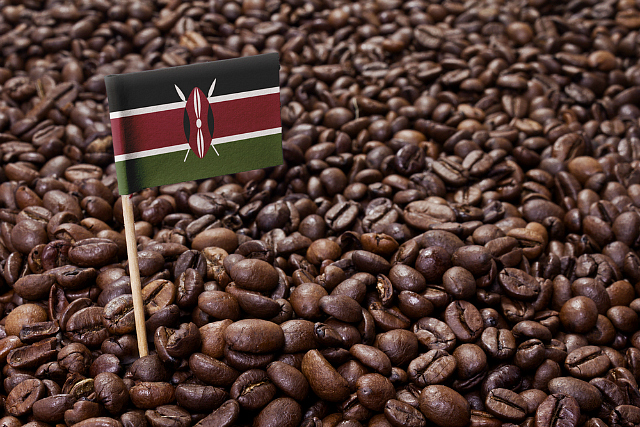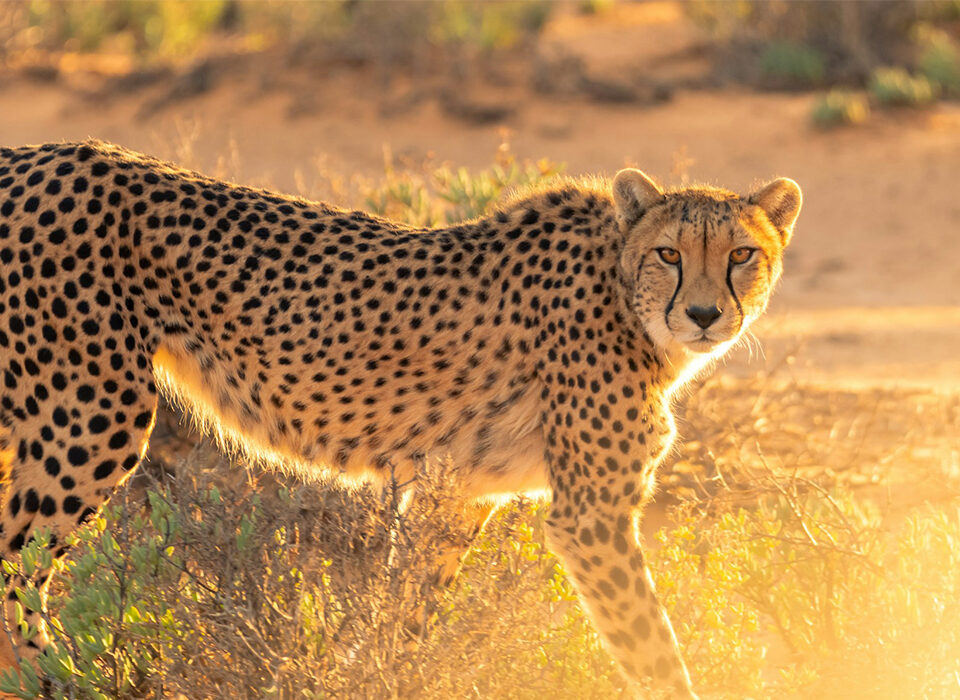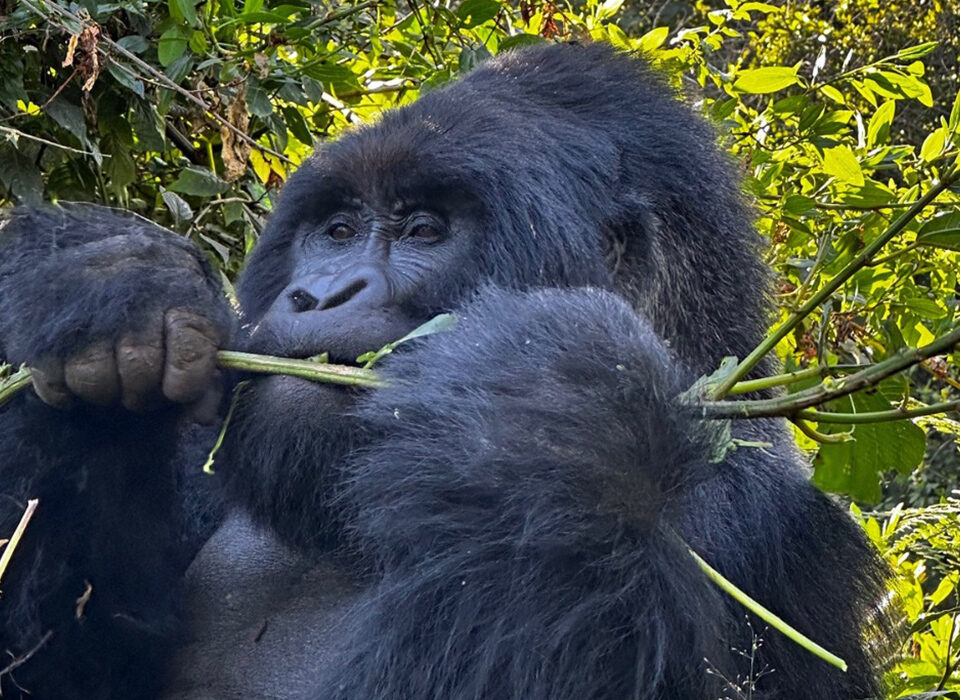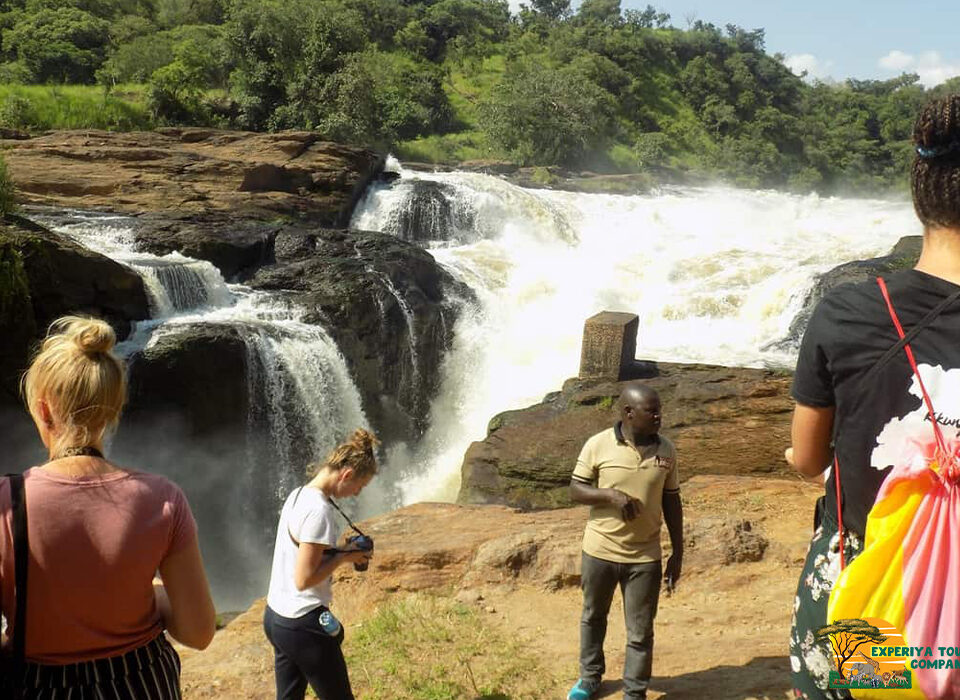
Can I find vegetarian food on safari?
November 20, 2025
Are there vineyard tours in Kenya?
November 20, 2025What’s the Best Coffee in Kenya?
Kenya is world-renowned for producing some of the finest coffee on the planet—coffee so rich, fragrant, and vibrant that it has become a global benchmark for quality. From the high-altitude slopes of Mount Kenya to the fertile volcanic soils of the Rift Valley, Kenyan coffee is celebrated for its bright acidity, complex flavor notes, and full-bodied character. For many travelers, discovering Kenyan coffee becomes an unforgettable part of the journey. This naturally raises a fascinating question: What’s the best coffee in Kenya?
The answer lies not only in specific brands or farms but in Kenya’s coffee culture—how beans are grown, processed, graded, roasted, brewed, and enjoyed. Kenya’s coffee excellence is a result of ideal growing conditions, meticulous farming techniques, cooperative systems, and generations of skilled producers. Whether you’re a coffee connoisseur, a café explorer, or a traveler seeking authentic Kenyan tastes, this guide will help you understand what makes Kenya’s coffee exceptional and where to find the best of the best.
Why Kenyan Coffee Is Considered Among the World’s Finest
Before exploring specific coffees, it’s important to understand what makes Kenyan coffee so special. Several factors contribute to its global reputation:
High Altitude Growing Conditions
Kenyan coffee thrives at elevations between 1,400 and 2,000 meters. At these heights, beans develop slowly, creating dense, flavorful seeds with pronounced acidity and complexity.
Rich Volcanic Soil
The volcanic soils around central Kenya—especially in Nyeri, Kirinyaga, Murang’a, and Embu—are nutrient-rich, producing exceptional coffee cherries.
Ideal Climate
Kenya’s equatorial climate, consistent rainfall, cool nights, and sunny days provide perfect conditions for coffee cultivation.
Meticulous Processing
Kenyan coffee undergoes a rigorous washed processing method, which enhances clarity, brightness, and clean flavor profiles.
Strict Grading System
Kenya’s grading system (AA, AB, PB, C, E, etc.) ensures the highest-quality beans are separated and preserved. Kenyan AA, for instance, is one of the most prized coffee grades in the world.
Cooperative Farming
Many Kenyan coffee beans come from smallholder farmers organized into cooperatives, ensuring community involvement and high standards.
These factors combine to create coffee with distinctive tasting notes—often including blackcurrant, citrus, berry, floral aromas, wine-like acidity, and a smooth, balanced body.
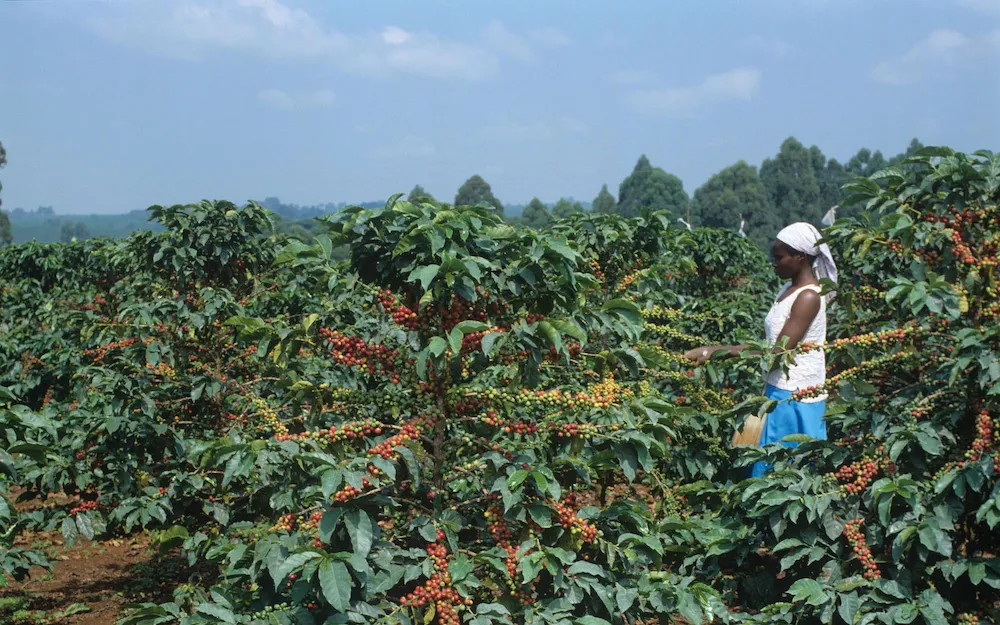 The Best Coffee-Growing Regions in Kenya
The Best Coffee-Growing Regions in Kenya
To understand where the best Kenyan coffee comes from, we must explore the regions that have shaped its legacy. Each region contributes unique flavor profiles influenced by soil, altitude, and climate.
Nyeri: The Crown Jewel of Kenyan Coffee
Nyeri County consistently produces Kenya’s most celebrated coffees. Known for intense acidity, berry notes, and complex profiles, Nyeri coffee is often described as “bright,” “juicy,” or “floral.”
Tasting notes typically include blackcurrant, raspberry, cranberry, and citrus.
Top Nyeri estates and cooperatives include:
Gikanda Farmers Cooperative Society
Gathaithi Factory
Kirinyaga and Othaya cooperatives
Kagumo-ini and Gatomboya factories
Nyeri is considered the heart of Kenya’s premium coffee industry.
Kirinyaga: Elegant, Balanced, and Fragrant
Neighboring Nyeri, Kirinyaga produces coffee with similar fruit-forward brightness but with slightly milder acidity and refined balance.
Tasting notes often include tropical fruit, mandarin, hibiscus, and wine-like sweetness.
Top Kirinyaga producers include:
Kaguyu Factory
Baragwi Cooperative
Kangocho Factory
Kiangoi and Kiamwangi stations
Kirinyaga coffees are especially favored by specialty roasters worldwide.
Embu: Smooth, Sweet, and Complex
Embu coffees are known for their rich body and sweet flavor notes.
Tasting notes include plum, dark berries, chocolate, and floral tones.
Many Embu cooperatives work closely with sustainability organizations to maintain high quality.
Murang’a: Bright, Citrus-Forward Coffees
Murang’a coffee features zesty citrus notes, vibrant acidity, and clean cups.
Tasting notes include lemon, grapefruit, passion fruit, and light florals.
Murang’a coffees appeal to lovers of crisp, refreshing profiles.
Meru and Tharaka Nithi: Floral and Exotic
Coffee from these eastern regions is known for unique florals and high sweetness.
Notes include jasmine, peach, apricot, and honey.
Some specialty microlots from Meru are considered hidden gems in the Kenyan coffee world.
Western Kenya and Rift Valley
Regions such as Bungoma, Kisii, and Trans Nzoia also produce quality beans with mild acidity and chocolaty profiles.
The Best Kenyan Coffee Grades
Kenyan coffee is graded by bean size and density—the larger and denser the bean, the better the quality.
AA Grade
The most famous and prestigious grade. Large, dense beans with outstanding acidity and complexity. Often used for specialty coffee competitions.
AB Grade
Slightly smaller but still high-quality beans. Balanced, flavorful, and more affordable.
PB (Peaberry)
Round-shaped beans that occur when a coffee cherry develops a single seed instead of two. Known for concentrated flavors and sweetness.
Microlots
Small-batch, single-producer or single-cooperative coffees known for exceptional uniqueness and traceability.
For truly top-tier Kenyan coffee, AA, PB, and microlots are the best choices.
The Best Kenyan Coffee Brands and Roasters
Travelers often want to know which brands deliver the best Kenyan coffee. Some of the top producers and roasters include:
Dormans Coffee
Nairobi Coffee Exchange (auction lots)
Safari Lounge Coffee
Kahawa 1893
Spring Valley Coffee
Rockbern Coffee
Java House (local favorite)
Connect Coffee Roasters
Many of these roasters work directly with farmers to ensure sustainability and quality.
Where to Enjoy the Best Coffee in Nairobi
Travelers looking to taste Kenya’s finest coffee in Nairobi can explore:
Spring Valley Coffee (many outlets)
Artcaffé
Java House
Connect Coffee
Kesh Kesh Coffee
Barista & Co
Wama Coffee Roasters
Four Points by Sheraton rooftop cafés
These cafés offer everything from hand-brewed single origins to latte art, cold brew, and pour-over specials.
What Makes Kenyan Coffee Taste So Unique?
Kenyan coffee is known for its “winey” acidity—bright, crisp, and fruity. Many international tasters describe Kenyan coffee as having:
Blackcurrant flavors
Berry-like sweetness
Citrusy brightness
Tea-like qualities
Long, clean finishes
This distinctive profile is why Kenyan coffee dominates specialty auctions and competitions worldwide.
How Locals Enjoy Coffee in Kenya
While specialty brews are growing in popularity, Kenyans also enjoy:
Kahawa chungu – strong spiced coffee in coastal regions
Instant coffee served with milk and sugar
Roadside café brews for early morning commuters
Traditional coffee ceremonies in some communities
This mix of local and specialty traditions makes Kenya’s coffee culture rich and diverse.
Buying Coffee to Take Home: What to Look For
Travelers should consider these tips when buying Kenyan coffee:
Choose 100% Arabica
Check for AA or PB grades
Look for roast dates (freshness matters)
Buy whole beans if possible
Choose reputable roasters
Look for single-origin traceability
Coffee from Nyeri, Kirinyaga, Embu, and Meru regions is ideal for gifting or personal enjoyment.
So, What’s the Best Coffee in Kenya?
The best coffee in Kenya is typically:
High-altitude, washed Arabica
Grown in Nyeri, Kirinyaga, or Embu
Graded AA or PB
Freshly roasted
Single-origin from reputable cooperatives
While it’s hard to name a single “best” coffee, Nyeri AA microlots are often considered the pinnacle of Kenyan coffee excellence.
Whether you enjoy fruity espresso shots, smooth pour-overs, or rich French press brews, Kenya offers world-class options that cater to every palate.
Discover Kenya’s Coffee Culture With Experiya Tour Company
To truly appreciate Kenya’s coffee, explore it with knowledgeable guides who understand its origins, flavors, and history. Experiya Tour Company offers immersive coffee experiences, from farm visits on Mount Kenya’s slopes to tasting sessions in Nairobi’s top cafés. Their personalized tours let travelers sample Kenya’s best brews, meet farmers, and learn the secrets behind world-famous Kenyan coffee. For a flavorful and culturally rich experience, book your Kenya adventure with Experiya Tour Company.

